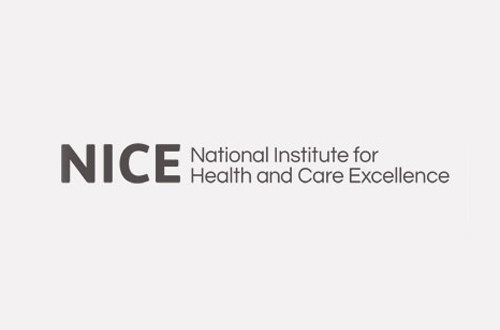
The National Institute for Health and Care Excellence (NICE) unveiled proposed changes to the formula it uses to decide which drugs should be funded by the health service today, but the measures have already come in for criticism.
The cost-effectiveness watchdog has been promising to change its evaluation criteria for new medicines for some time, with a shift towards assessments that take a broader, societal view of their value and – in theory at least – should mean fewer rejections of novel therapies.
The new value-based assessments would take into account for example whether a therapy would allow a patient to return to work, for example, and would make sure NICE does not use the age of people with particular conditions to make the difference between whether or not a new treatment is recommended.
It will also introduce changes to the way quality-adjusted life years (QALY) – currently used to balance a drug’s cost with the quality and length of life that might be restored by its use – are used to arrive at decisions.
Specifically, the current ceiling of £20,000 to £30,000 per QALY – which can be raised to £50,000 for drugs used to extend life for patients at the end of their lives – should be replaced by a more flexible system, according to the Methods of Technology Appraisal consultation document. Under the new proposals, the range of £20,000-£50,000 per QALY will apply to all drugs under review.
“These proposed changes to the way we value new treatments will add further clarity to our recommendations and enable our independent advisory committees to explore more fully the potential these treatments have to improve outcomes for patients,” said NICE chief executive Andrew Dillon.
The suggestions that fewer therapies will be rejected still has to be taken in the context of the stuttering move towards value-based pricing of medicines, in light of the pharma industry’s agreement to keep NHS expenditure on branded medicines flat for two years under the voluntary Pharmaceutical Price Regulation Scheme (PPRS).
Age concern
Meanwhile, patient organisations and industry groups have already expressed concerns about the changes, however, suggesting that the removal of the specific ‘end-of-life’ criteria could lead to treatments for the most vulnerable patients in society being further restricted.
“We need to ensure that this does not lead to fewer medicines for patients at the end of their life, being approved,” commented Paul Catchpole, director of value and access at the Association of the British Pharmaceutical Industry (ABPI).
“There is currently an issue with NICE approving too few new cancer medicines, which the new agreement must address,” he added. Meanwhile, Andrew Wilson, chief executive of the Rarer Cancers Foundation, suggested the proposals “amount to a stealth cut for cancer.”
NICE’s announcement comes days after the agency denied access to Sanofi’s new colorectal cancer drug Zaltrap (aflibercept), although it is available to patients in Scotland.
Overall, the ABPI gave a cautious welcome to the proposals however, noting that “the ultimate aim should be to increase overall access to innovative, effective medicines for conditions that impose a substantial burden on patients and society. However, it also warned “there is a huge amount of work to be done to make this happen.”
The consultation will begin today for three months, ending on June 20. After that NICE will then consider the final changes prior to introduction in the autumn.




